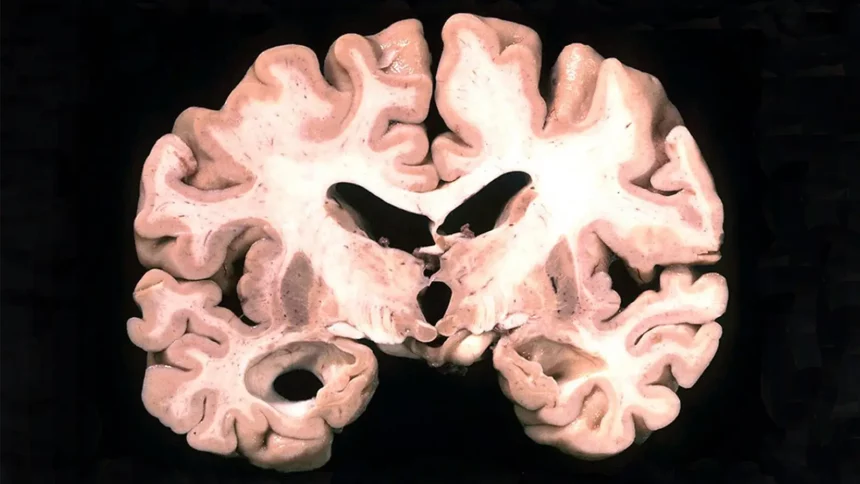According to research in Frontiers in Aging Neuroscience, many of the known biological pathways in the brain are affected by Alzheimer’s disease (AD).
The study was conducted as part of a systematic assessment of over 200,000 scientific published papers. The objective of the research was to comprehend the context and distribution of pathways that contribute to the neurodegenerative disease.
“We performed text-mining to generate an exhaustive, systematic assessment of the breadth and diversity of biological pathways within a corpus of 206,324 dementia publication abstracts,” the study stated.
“A total of 91% (325/335) of Kyoto Encyclopedia of Genes and Genomes (KEGG) pathways have publications containing an association via at least 5 studies, while 63% of pathway terms have at least 50 studies providing a clear association with AD.”
The findings suggest that Alzheimer’s is a complex illness with a functional reach that is almost global.
“As a consequence of our study, research results can now be assessed in the context of the wider AD literature, supporting the design of drug therapies that target a broader range of mechanisms,” the authors of the study concluded.


